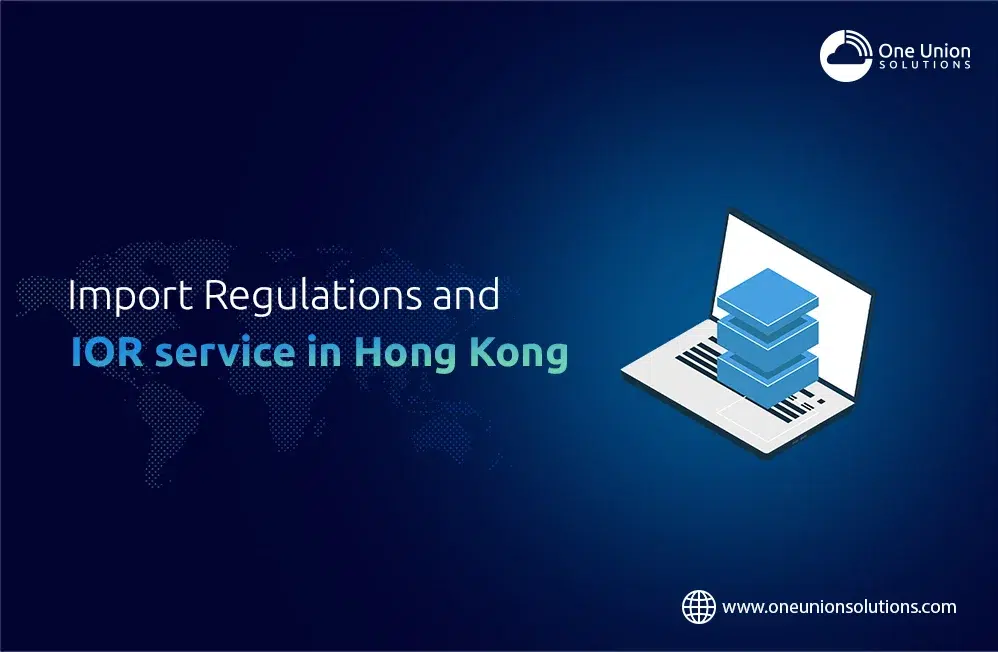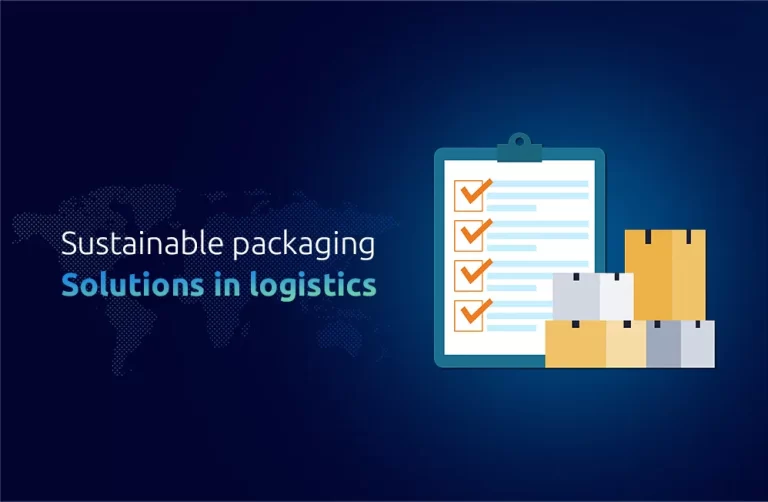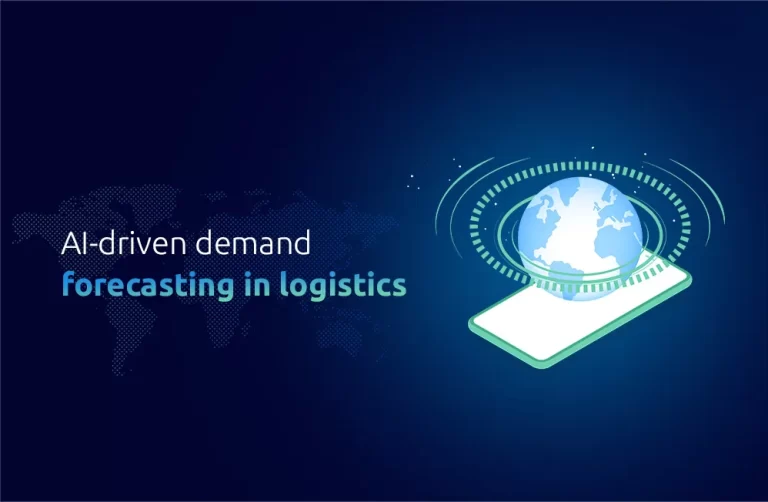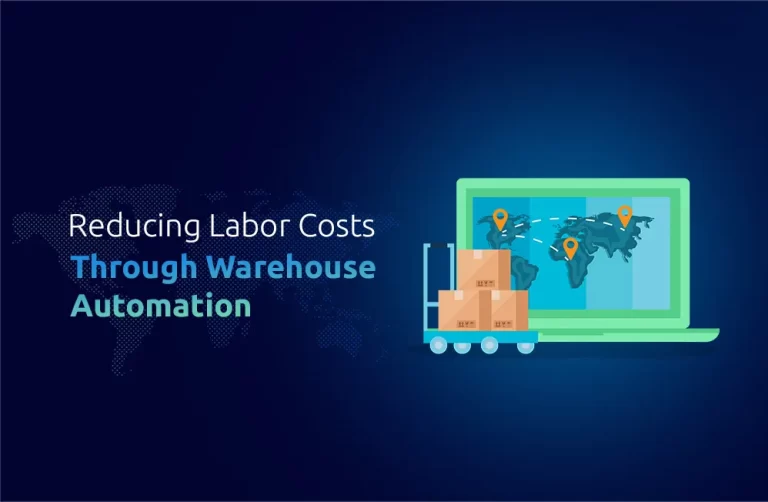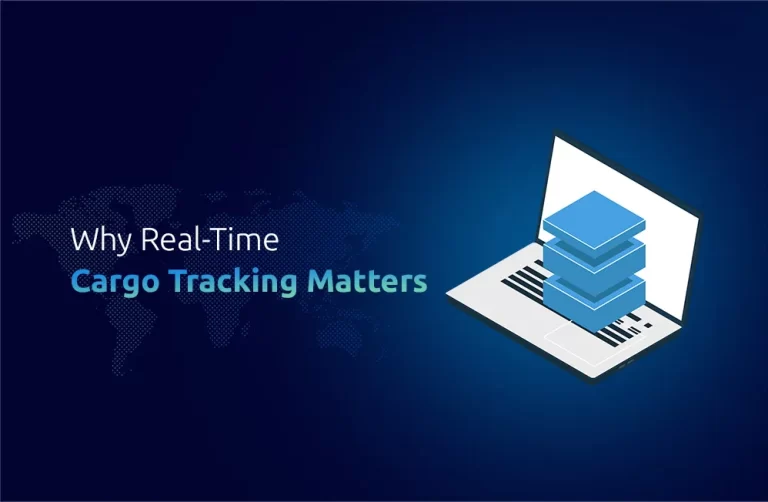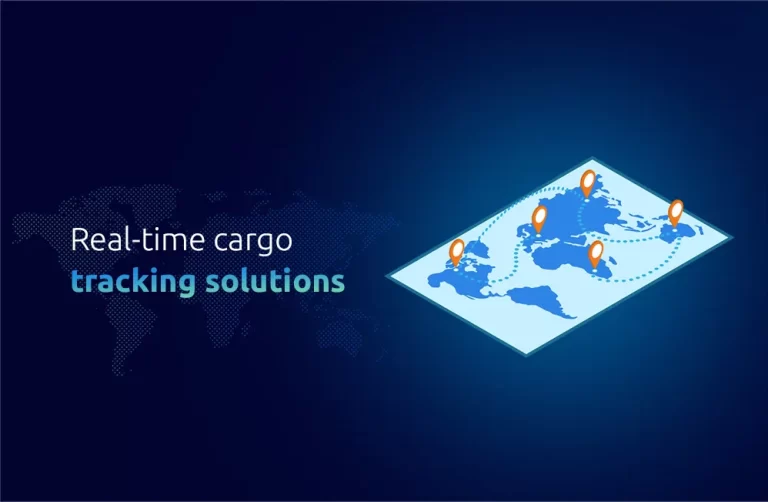While only alcohol, tobacco, and hydrocarbon oil are subject to customs taxes in Hong Kong, this does not mean that the importation process is simple.
An importer must obtain an import license before the products may be shipped, and this can only be done by going through the proper channels. The customs authorities do not tolerate any omissions or shortcuts in the necessary processes; it is not their character to do so.
Here, we’ll walk you through the import process for items related to IT, i.e., information technology and medical supplies in Hong Kong, and explain the value of (PSI), or pre-shipment inspection. After careful reading, if you still find that process intimidating, don’t worry.
You also have the option of using an IOR service in Hong Kong. One Union Solutions offer you importer solutions so you may conduct your business of importing goods into Hong Kong with complete peace of mind.
Pre-Approval of Trade and Industry Department
Hong Kong’s Import and Export Ordinance governs import, export, transshipment, and strategic goods transit licenses. Most dual-use medical or IT devices require the approval of the (TID), or the Trade and Industry Department before being imported.
Commodity Classification Automated Tracking number, or TID CCAT
The Hong Kong Trade and Industries controls the CCAT certification process and manages this requirement for encrypted products across Hong Kong. The application for CCAT must come from the manufacturer after testing completion and submission of required formal documentation. The lack of CCAT certification prevents the classification process and stops registering products needing import licenses for medical devices. The evaluation process at the Trade and Industry Department (TID) involves an assessment of product technical capabilities through their technical evaluation protocol and determining regulatory status along with regulatory reasons. A thorough product evaluation requires submitters to present their regulated goods datasheets. The risk assessment methodology examines product utilization, potential misconduct and improper use, and risks related to proliferation during evaluations. During evaluation completion, the manufacturer receives their Hong Kong Trade and Industries Pre-classification Number as an essential requirement for medical device import licenses in Hong Kong.
TID License
Importers must first get a TID license, which includes the following requirements:
- The CCATs tracking number upon request
- A copy of the export license is necessary if the products were shipped from the UK or the EU.
- Fill out the seven-page SC037 form, which requests certain information about the goods, the manufacturer, the importer, and the final consumer. Only items that have never been imported into Hong Kong or that haven’t been registered on the TID system require this form.
- Upon request, a copy of the End-User Statement, which describes the intended use and placement of the imported items, should be given.
A license application could only be processed by an importer listed on the TID system.
Important factors for an importer/exporter
Important factors to take into consideration for an importer/exporter are:
- What products do you import and export? Licenses are required to import and/or export strategic goods.
- Where are the exports and reexports taking place? Verify that no unfavorable nations or regions are receiving the goods.
- Who will receive the products? Try to learn more about your clients to ensure that you are exporting to a legitimate end customer.
- Why does the final consumer purchase the goods? Verify that the product’s technical capabilities are compatible with the claimed end-use.
Before transporting products, it is necessary to finish these steps to receive an import or export license. It’s challenging to provide the information and papers required for a permit to be approved when taking into account past events and circumstances.
Importing IT & Telecom products in Hong Kong
After the importer/exporter has been given a TID license, the items may be exported and imported. All information on the documentation is examined while evaluating the shipment under Hong Kong Trade of Industry procedures after it has arrived. It is also verified that the products in the shipment match those indicated on the shipping manifest and the previously submitted document kept in the TID systems by inspecting the actual shipment.
The importer will be alerted if any problems are discovered, and the shipment will be held until the customs inspectors are satisfied with the justification.
Items for which a permit to import is not required
The Hong Kong TID process is not essential if the items are EAR99 or NLR (No License Required). They may be transported if an IOR service in Hong Kong is hired.
IOR service in Hong Kong: A Clear and Simple Method to Import/Export
The importer’s knowledge of Hong Kong’s rules is crucial to a successful import. One Union Solutions finds legal exemptions for clients who lack the resources (people, money, time) to get costly and time-consuming licenses and certificates. As IOR service provider in Hong Kong we can employ exemptions in the import process. Solutions by One Union solutions solve all import and export concerns.
If you have questions about Hong Kong import/export laws, don’t hesitate to get in touch with us.
You can directly call us at +31 85-0600753 or send us your inquiries at info@oneunionsolutions.com

